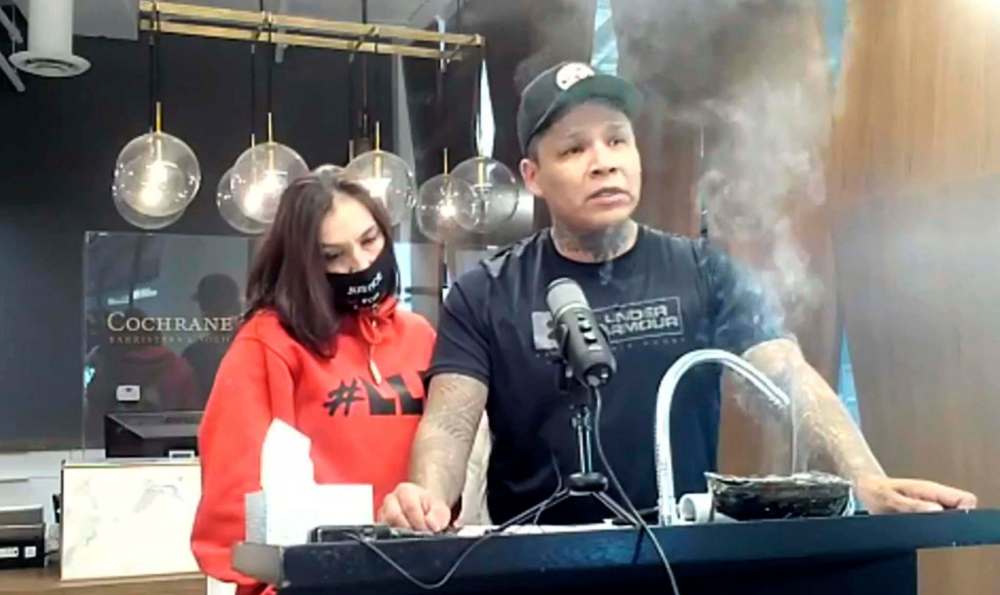IIU report sparks more calls for reform
Advertisement
Read this article for free:
or
Already have an account? Log in here »
To continue reading, please subscribe:
Monthly Digital Subscription
$0 for the first 4 weeks*
- Enjoy unlimited reading on winnipegfreepress.com
- Read the E-Edition, our digital replica newspaper
- Access News Break, our award-winning app
- Play interactive puzzles
*No charge for 4 weeks then price increases to the regular rate of $19.00 plus GST every four weeks. Offer available to new and qualified returning subscribers only. Cancel any time.
Monthly Digital Subscription
$4.75/week*
- Enjoy unlimited reading on winnipegfreepress.com
- Read the E-Edition, our digital replica newspaper
- Access News Break, our award-winning app
- Play interactive puzzles
*Billed as $19 plus GST every four weeks. Cancel any time.
To continue reading, please subscribe:
Add Free Press access to your Brandon Sun subscription for only an additional
$1 for the first 4 weeks*
*Your next subscription payment will increase by $1.00 and you will be charged $16.99 plus GST for four weeks. After four weeks, your payment will increase to $23.99 plus GST every four weeks.
Read unlimited articles for free today:
or
Already have an account? Log in here »
Hey there, time traveller!
This article was published 08/02/2021 (1768 days ago), so information in it may no longer be current.
One of the goals of the Independent Investigations Unit of Manitoba, according to its website, is to “ensure all Manitobans trust the independence and impartiality of our work, and have confidence in our investigative findings.”
Growing criticism stemming from the IIU’s recent decision to not pursue charges in the fatal shooting of 16-year-old Eishia Hudson by a Winnipeg Police Service officer suggests the unit is falling short of that objective.
The IIU looks into all serious incidents involving police officers in Manitoba, especially when it appears a police officer might have caused a death or serious injury, or has broken the law.

The WPS contacted the agency shortly after the shooting, which occurred on April 8, 2020, after a police pursuit related to a liquor-store robbery, and an investigation was launched, leading to the Jan. 28 release of the IIU’s final report.
Investigators interviewed 20 witnesses, including three of the four passengers in the Jeep that Eishia was driving and six police officers who were at the scene, as well as bystanders, one of whom took cellphone footage of the incident that was circulated on social media and was later included in the IIU probe.
News that a traffic camera installed at the busy intersection where the shooting took place broke down five hours before the incident — after 345 days of operating without interruption — robbed investigators of another view of what happened. The coincidence will only exacerbate mistrust among Eishia’s family and the police service’s critics.
The officer involved, who remains unnamed, provided his notes and a prepared statement to the investigation, but chose not to be interviewed by IIU. According to the Police Services Act, “subject officers” are not compelled to submit to IIU questioning.
The IIU forwarded the file to Crown prosecutors, who advised not to press charges against the officer, stating there were no factual or legal reasons to do so. Eishia’s father, William Hudson, said he knew the IIU would clear the officer even before he read the report — a statement indicative of a lack of trust in the unit’s work before its investigators began working the case.
Mr. Hudson’s lawyer questioned the IIU’s independence at a press conference held after the report’s release, pointing out that most of the unit’s investigators are former police officers (only three of eight are not) and the head of the agency, Zane Tessler, is a former Crown prosecutor.
Winnipeg’s police have long been accused of systemic racism by many in the Indigenous community, and Eishia’s death and the IIU response will have added more fuel to the assertion.
The findings of the 1999 Aboriginal Justice Inquiry stated Manitoba’s legal system has ill served Indigenous people, and the perception that the province’s courts are unfair has changed little in the years since. The IIU decision in this shooting will surely be viewed as more of the same.
A Statistics Canada survey released last November revealed Manitobans’ trust in police is the lowest among all provinces. Only 34 per cent of Manitobans surveyed responded that they strongly trust police, compared to a national average of 41 per cent.
The IIU cannot repair decades of suspicion and doubt of Manitoba’s policing and legal system on its own. It can, however, take steps toward a fairer system for all by following its mandate. If it truly is intent on ensuring trust, independence and impartiality, a useful start would involve hiring more investigators who do not have ties to Manitoba law-enforcement organizations.


